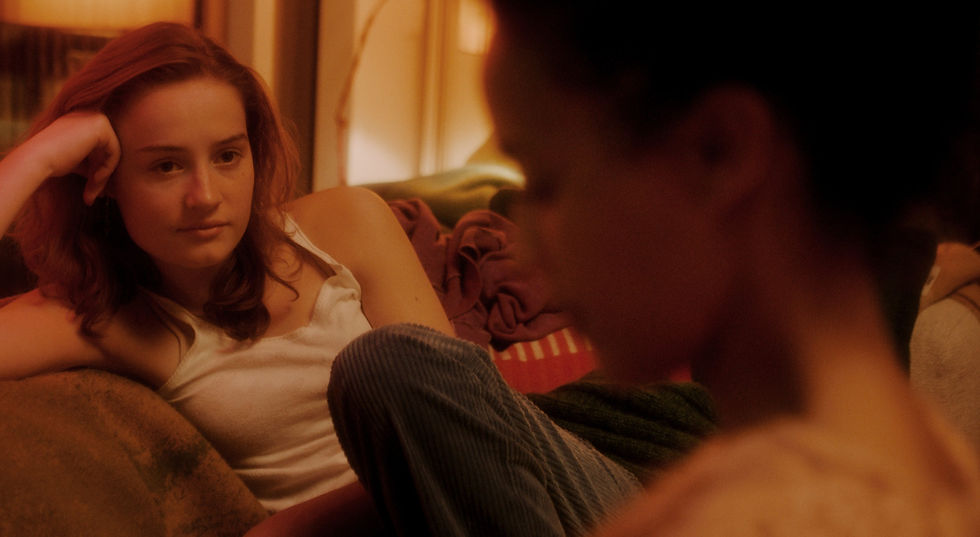Berlinale 2025: A Low-Key but Fulfilling Festival Experience
- David Katz

- Feb 26, 2025
- 3 min read

TThe 75th Berlinale eased to a close this past weekend, and post-facto discussions will now ensue on its successes, along with the challenges it couldn’t surmount. After much hostility from the German government and press on the supposedly “unbalanced” statements on the war in Gaza at last year’s edition, the temperature seemed cooler on that issue this year, although the Chinese director of the sidebar title Queerpanorama, Jun Li, was investigated by police over a written statement he shared by his lead actor, who boycotted the festival. Tilda Swinton, the recipient of an honorary Golden Bear, was praised for her speech on opening night that gestured as strongly as was possible to the asymmetrical nature of the war.
Compared to Cannes and Venice, the Berlinale is much more of an audience festival, and the reports of increased ticket sales was encouraging; indeed, for international delegates, the variety of screening venues in different parts of the city allows a further way to see its variety and vibrancy, with cinemas like the Zoo Palast among the world’s most spectacular. But from some loyalists to the popular and very cinephile tastes of the last Artistic Director Carlo Chatrian, there was skepticism if the adventurousness of the programming might see a drop-off, although I preferred to remain optimistic, given the amount of familiar faces present this year who would’ve surely been selected at editions past. But still, as the festival drew to a close, I could still feel an absence of films that really excited and challenged me, however the array of titles succeeded in creating a broad sense of global cinema, allowing us to see what territories are thriving, or even which are stagnating.
Radu Jude’s Kontinental ’25 was the most impressive competition title to me by some distance; with the section dotted by directors quite early in their careers, it sense of stylistic and authorial confidence, and its willingness to lob unanswerable questions at us, made it the most invigorating work to think about. I’d heard suggestions the jury liked it enough to award Jude a second Golden Bear, yet the prize seems put to far better use elevating a filmmaker who’d need it for their career more.

An auteur definitely fitting that bill was Dag Johan Haugerud for Dreams (Sex Love), the concluding film in a trilogy paying reference to all the abstract nouns in that title, a testament to what’s going on in Norwegian cinema in particular, which you can distinguish from the drollness of Finnish cinema, and the formalism of Östlund and Roy Andersson in Sweden. The country is now particularly famed for its literary authors like Karl Ove Knausgård and Jon Fosse, and its directors like Joachim Trier and now Haugerud follow suit; Dreams (Sex Love) feels it would rather be a trendy “autofiction” novel than a mere film, but not to its detriment. By centring its drama as discourse-laden tête-à-têtes between its characters, and foregrounding voice-over to such an extent that it forms the film’s primary exposition, Haugerud is acknowledging that this approach is the optimum manner to show its lead character Johanne negotiating an all-consuming crush on her teacher, whilst also teasingly hinting that she could be an unreliable narrator.
Berlinale always has a choice array of American films, and If I Had Legs I’d Kick You alongside Blue Moon provided the more forthright qualities cinema from that country - even in its “indie” guise - tends to have. There were also strange thematic and stylistic twinnings, like the fantastical animal interactions of The Message and The Blue Trail, and completely sui generis outings like Reflection in a Dead Diamond, signing off a rewarding competition all round, although festival director Tricia Tuttle should have even more potential worthy line-up options next year, as even Cannes and Venice won’t be able to include all the A-list directors who have films ready to premiere.



Comments